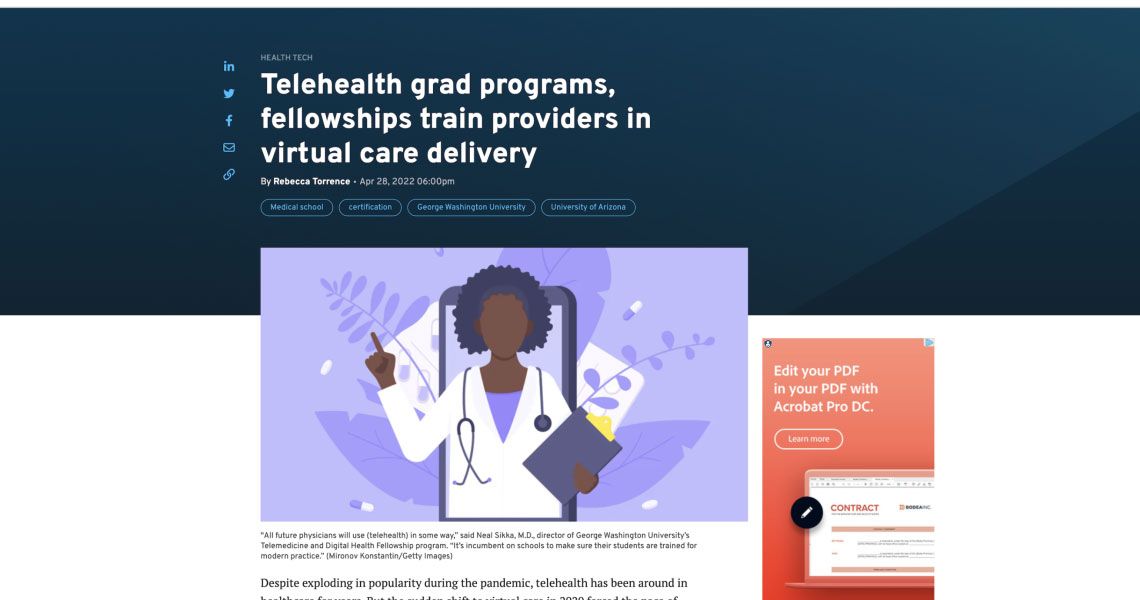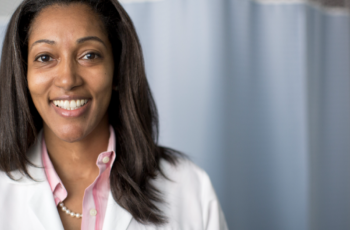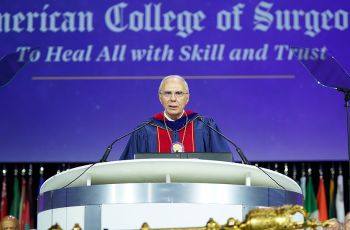Despite exploding in popularity during the pandemic, telehealth has been around in healthcare for years. But the sudden shift to virtual care in 2020 forced the pace of innovation in health tech to accelerate—and some providers have struggled to keep up.
In a March study by health tech startup Wheel, 63% of the nearly 400 providers surveyed said they think virtual primary care will surpass in-person services in the next five years. But 46% percent of respondents say they didn’t feel prepared by their employer to make the switch during the pandemic.
While on the surface telehealth visits may seem just like normal visits conducted over video chat, effective patient care requires a different skillset when delivered virtually.
“You can be a good doctor in real life, but if you change your environment, you can really struggle,” said Colton Hood, M.D., associate director of George Washington University's Telemedicine and Digital Health Fellowship program. “It takes some getting used to. You have to be creative to get the same answers.”
To assess their patients from a distance, clinicians have to tackle problems that they didn't learn about in school, like using multiple cameras or different camera angles during an exam, managing patients with varying degrees of digital literacy, and integrating telemedicine effectively into a patient's existing care plan.
Programs across the country are emerging to teach those skills.
"All future physicians will use telehealth in some way,” said Neal Sikka, M.D., director of George Washington University’s Telemedicine and Digital Health Fellowship program. “It’s incumbent on schools to make sure their students are trained for modern practice.”




